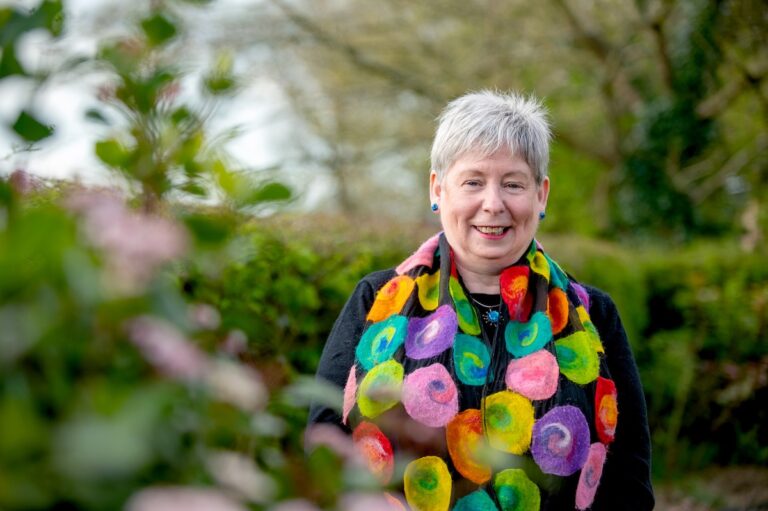When it comes to travel, dementia advocate and accessibility consultant Dr Carol Sargent of Sargent Group Consulting is offering vital guidance to families planning air travel with a loved one who has dementia.
Flying can be challenging at the best of times, but for people living with dementia – and those supporting them – it often requires extra planning and sensitivity. Dr Carol Sargent, leading UK travel inclusion expert and founder of Sargent Group Consulting, has shared her practical advice to help families make air travel as calm and enjoyable as possible.
“Airports and planes can be busy, confusing environments,” says Carol. “But with careful preparation, flying can still be an enjoyable experience. The key is to plan ahead, give yourself extra time, and make use of the support that airlines and airports can provide.”
Carol’s top tips for flying with dementia:
- Plan and prepare carefully before choosing flights and airports
“When planning your trip, consider not just the flight itself but also the journey to and from the airport,” says Carol. “Local airports may be easier and less tiring than long drives to larger hubs. Try to book flights at quieter times of day, when your loved one is less tired, and avoid peak travel periods.
Make sure the airport you are travelling to is part of the Sunflower Scheme, as staff will have training and systems in place to provide better support. It’s also wise to request a Sunflower Lanyard before travelling, as this gives access to priority lanes at security and passport control.”
- Allow plenty of time
“Think of time as the greatest gift you can give yourself. Arrive at least two hours early for domestic flights and three for international journeys. Longer queues, security checks and long walks through terminals can all take more time than expected. A buffer helps reduce stress for everyone.”
- Arrange airport assistance in advance
“Most airlines and airports offer support for passengers with hidden disabilities, including dementia. Contact your airline ahead of time to request help, such as wheelchair assistance or support through security. Using a Sunflower Lanyard is also a quick way to let staff know you may need additional assistance.”
- Be prepared at security
“Security procedures can be unsettling. Let staff know in advance that your travel companion has dementia and may find the process confusing. Airlines can often arrange for you to be accompanied through security to make things smoother.”
- Build in rest and quiet time
“Airports are busy places. Book a lounge if possible, or identify quieter corners and restaurants before you travel. Regular breaks for food, drink and rest are essential to prevent exhaustion or anxiety.”
- Keep essentials close at hand
“Always carry medication in your hand luggage, along with prescriptions, emergency contacts, and a note explaining your companion’s condition. Comfort items, water, and snacks can be very reassuring during delays.”
- Choose seating carefully
“Aisle seats make it easier to access the toilet. Sitting towards the front of the plane means you’ll disembark sooner, which can reduce waiting times.”
- Plan for comfort in the air
“Cabins can be dry, noisy and disorientating. Bring water, moisturiser, lip balm, and eye drops. Encourage gentle movement to improve circulation, and consider compression stockings on longer flights. Layered clothing helps manage changing cabin temperatures.”
- Stay alert to signs of distress
“Confusion, fear or anxiety can happen. Reassure calmly, offer a snack or distraction, and if needed, let the cabin crew know discreetly – they are trained to help.”
- Have a back-up plan
“Carry spare clothing, important documents, and small comfort items in case of delays or disruption. Preparation is an act of care – it makes the whole journey smoother.”
Carol has spent her career helping families, carers, and the tourism industry create dementia-friendly travel experiences. She believes that air travel should remain possible and positive for those living with dementia.
“With the right preparation, travel doesn’t have to stop after a diagnosis,” she says. “Flying can still be a chance to create special memories, maintain independence, and enjoy new experiences together.”
For more information on Dr Carol Sargent’s consultancy work with dementia-inclusive tourism, visit: Sargent Group Consulting.

